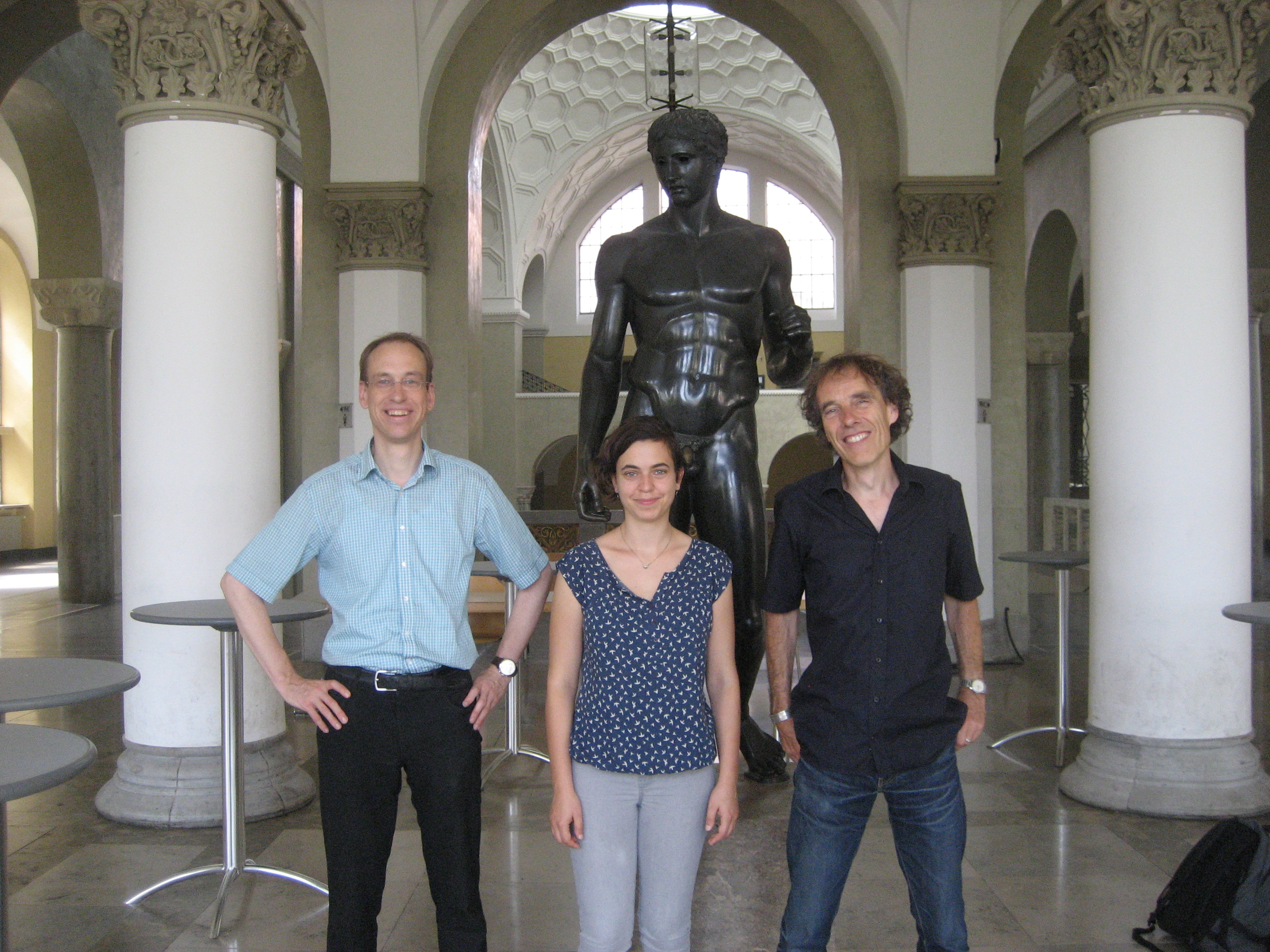Reflective Equilibrium – Reconception and Application (2014–2018)
University of Bern

The goal of this project was to work out the details of the method of reflective equilibrium, to apply it to an important ethical issue in a case-study and to evaluate the method.
John Rawls has suggested that answers to ethical questions be based upon a reflective equilibrium. To follow the method, one has to start out with judgements concerning the rightness of actions, find systematic principles that account for these judgements and reapply these principles to new cases; if conflicts result between judgements and principles, both of them have to be adjusted until an equilibrium is reached. But what exactly is meant by an equilibrium in this context? Which judgements should we start out with? And what counts as a systematic principle? The first goal of this project was to answer such questions, to develop a more precise account of the method and to clarify important aspects of it, partly with the help of formal techniques. Secondly, the resulting account was tested in two case-studies. In one the method was used to reconstruct part of the debate about trolley cases. The second case study applied the method to an important problem in climate ethics, the justification of a precautionary principle. Thirdly, the project aimed at a re-evaluation of the method of reflective equilibrium, especially also in light of the the results of our case study.
Funding
The project was funded by the Swiss National Science Foundation (150251)
Reflective Equilibrium Revisited. Methodological Foundations for an Epistemology of Understanding (2009–2013)
ETH Zurich and Research Priority Program for Ethics, University of Zurich
Georg Brun
Traditional epistemology focuses on theories of knowledge that account for true beliefs and truth-conducive justification. This is too narrow a perspective because scientific and philosophical theories do not exclusively aim at amassing true sentences. Rather, their goal is to advance our understanding of problems and phenomena. An epistemology that can explicate understanding in this sense must include further goals of inquiry (e.g. systematicity and coherence) and account for non-propositional contributions to understanding (e.g. illuminating examples, fruitful categories). The project investigated how the method of reflective equilibrium can be used as a basis for an epistemology of understanding. The resulting account of epistemic justification is also of interest in the context of policy-oriented research, as it evades the dogmatism of traditional foundationalism and the subjectivism of popular relativism.